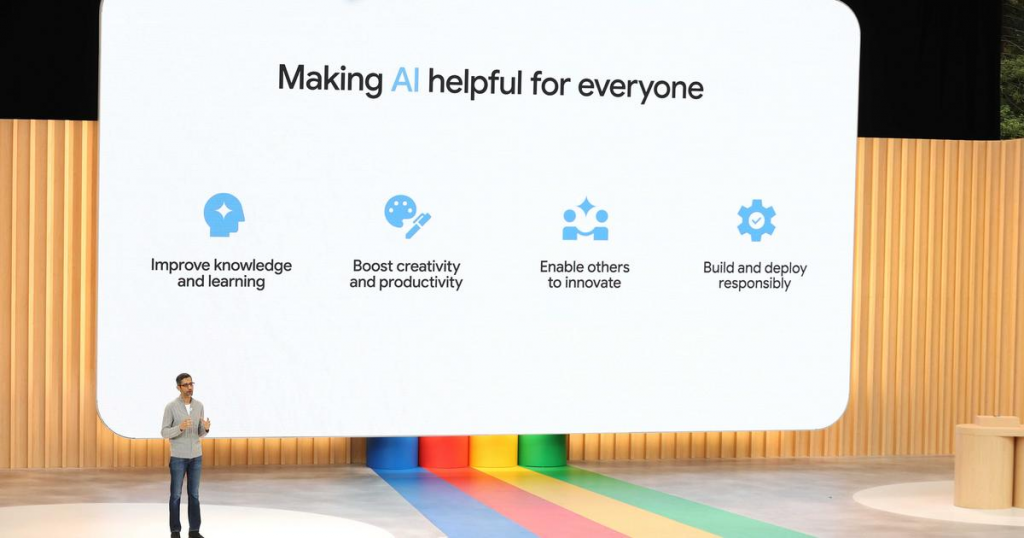The concerns surrounding biases in AI have been highlighted by a former Google researcher, Timnit Gebru, who claims she was dismissed for bringing attention to this issue. Gebru argues that the current AI “gold rush” is leading companies to neglect self-regulation, emphasizing the need for external pressure and effective regulations.
In an interview with The Guardian, she expresses her belief that profit motives alone are inadequate and calls for a more conscientious approach to AI development.

Timnit Gebru, a computer scientist specializing in artificial intelligence, formerly served as co-lead of Google’s ethical AI team until her contentious departure in 2020. Shedding light on her experience, Gebru explains to The Guardian that the hype surrounding AI has resulted in the abandonment of crucial safeguards. According to her, companies will not take the initiative to self-regulate unless external pressure is exerted. Gebru emphasizes the necessity for regulations that surpass mere profit motives, advocating for a more comprehensive framework.

Gebru compares the AI industry to a “gold rush” where profits flow disproportionately to individuals distanced from the core of its development. She asserts that humans ultimately bear the responsibility of determining whether certain actions should be pursued. She emphasizes that individuals possess the agency to shape the future trajectory of AI development, cautioning against a reckless and profit-driven approach.
The catalyst for Gebru’s departure from Google was her co-authorship of a research paper that exposed inherent biases within AI tools. The paper drew criticism from senior management at Google, who allegedly requested its withdrawal or the removal of Gebru and her colleagues’ names from it. Gebru asserts that she refused to retract the paper and would only consider removing the authors’ names if Google provided clear reasons for their objections. The dispute ultimately led to her termination, with Google claiming she resigned, while Gebru maintains she was fired, as reported by The Guardian.

The case of Timnit Gebru underscores the pressing need for accountability and regulation within the AI industry. Gebru’s call for external pressure and comprehensive regulations seeks to promote responsible AI development that prioritizes societal benefits over profit motives alone.
As AI continues to advance, it is essential for stakeholders to address biases and ensure a conscientious approach that safeguards against the detrimental consequences of unregulated AI systems.


